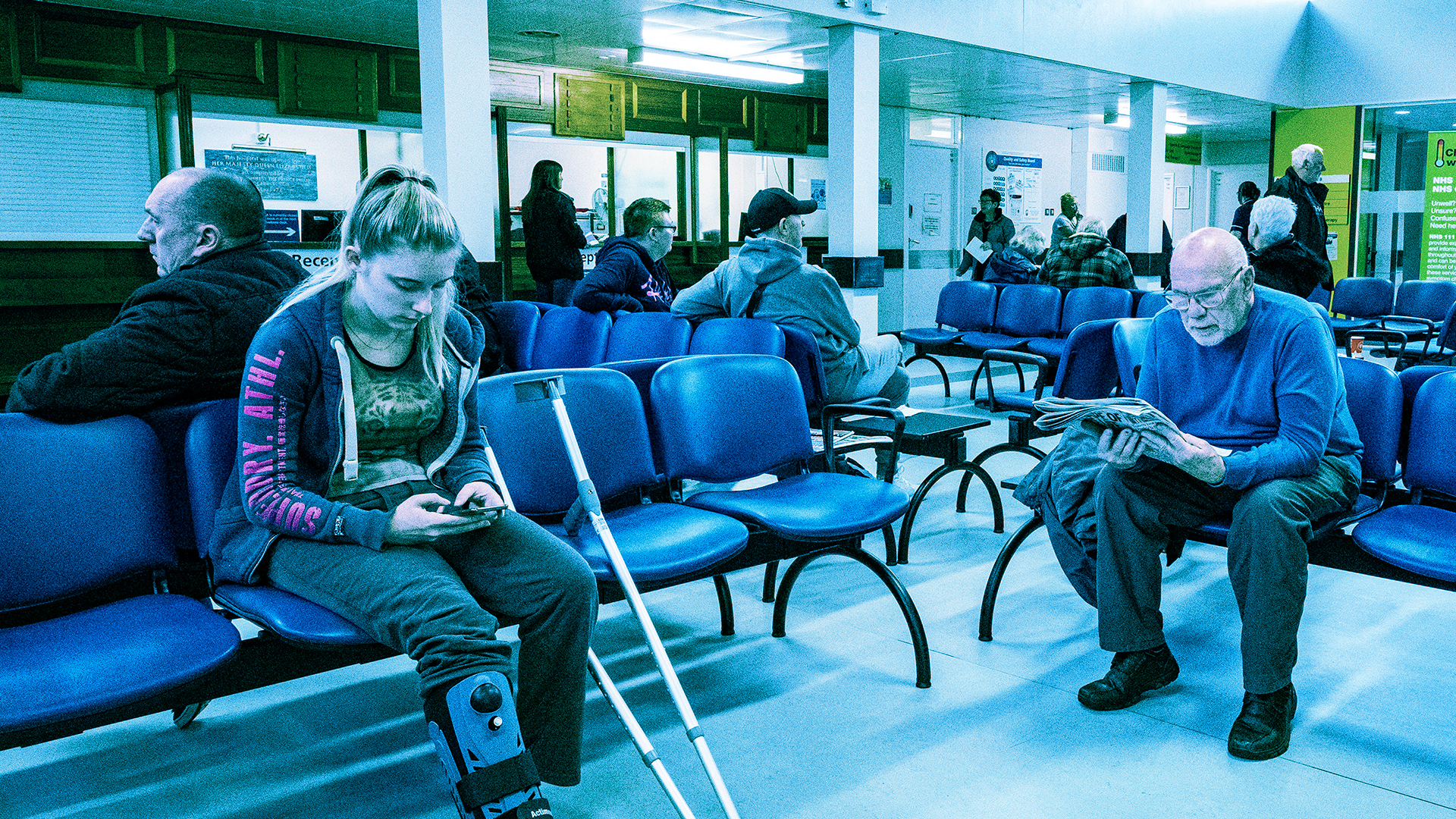Mental health problems among young people are surging particularly fast. Between 2017 and 2022, rates of probable mental disorder in England increased from around one in eight children aged 7-16 to more than one in six. For those aged 17-19, rates increased even faster, from one in 10 to one in four.
But funding hasn’t kept pace. Mental health funding in 2023/24 will be just 4.2% higher than it was in 2016/17, despite the number of referrals surging 48%. The £13bn spend simply won’t meet demand, interviews with doctors in the report suggest.
“[Support for people with mental health conditions] is shocking. We would not accept this in any other area of medicine,” urged a psychiatrist in Greater Manchester.
“Mental healthcare in this country is dysfunctional. It’s broken,” said a general practitioner.
“Mental health services in this country are as poor as I have ever known them since I started to study psychiatry in 1988,” another added.
Teams are left “fighting for limited scraps of money,” one interviewee warned, while others called for investment in “prevention and early intervention.”
Advertising helps fund Big Issue’s mission to end poverty
Predictably, the cost of living crisis is making things worse.
“Someone’s socio-economic status is inextricably linked to their mental health,” the report declares. “Maintaining good mental health is made more difficult without a decent standard of living and quality of life.”
Across the UK men and women in the poorest fifth of the population are twice as likely to be at risk of developing mental health problems as those on the average income. Children whose parents report poverty in pregnancy are nine times more likely to face additional traumatic experiences compared to their wealthier peers.
Meanwhile, nearly two-thirds of renters in 2023 said their mental health had worsened due to housing worries in the past year.
The latest figures show that in 2021/22, around one in five people in the UK (22%) – or around 14.4 million people – were living in poverty. This had gone up by one million from the previous year.
Dr Andrew Molodynski – mental health lead at the BMA – called for urgent investment to improve mental health services in this country.
Advertising helps fund Big Issue’s mission to end poverty
“Some of our patients wait as long as four years for treatment, meaning too many people – including children – continue to fall through the gaps, and all the while funding remains insufficient,” he said.
“We’re having to make hard prioritisation choices that leave many patients without care and support that they urgently need.”
The investment would pay for itself, the BMA pointed out – the current economic cost of mental ill health has been estimated to be over £100bn in England alone.









